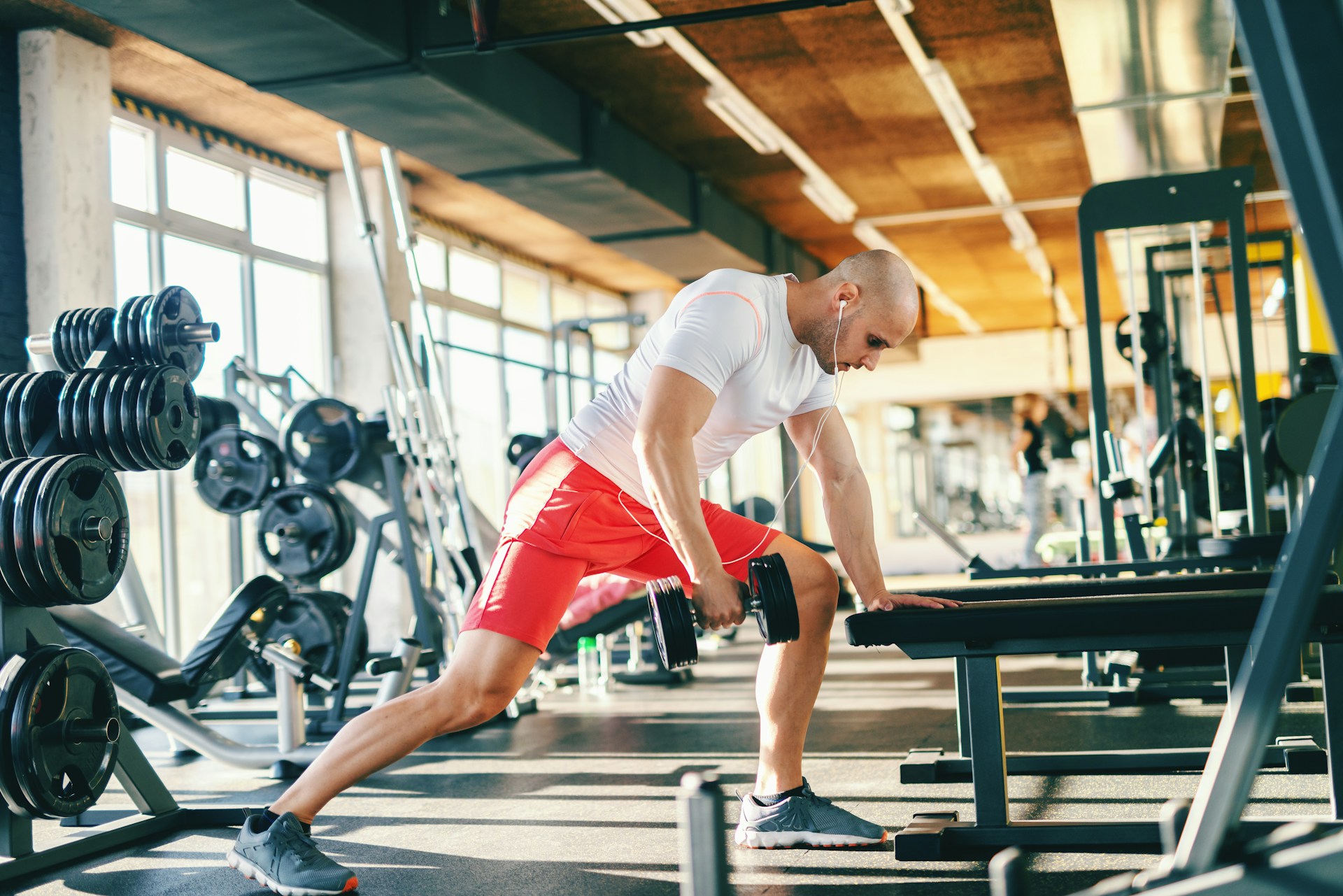
Most people believe greatness in sports comes from pushing harder, training longer, or enduring pain. But the best athletes know a secret—their real strength comes from recovery. It’s the quiet time between the sweat and the spotlight that makes the most significant difference. Recovery isn’t just a break. It’s a strategy. It’s how good athletes become great ones.
Let’s dive into the recovery habits that help top performers stay consistent, avoid burnout, and perform at their absolute best.
The Science of Slowing Down
Slowing down helps athletes go faster. Every workout creates small tears in muscle fibers, uses up energy, and stresses the nervous system. The body needs rest to repair and grow stronger. When athletes skip recovery, they risk overtraining, injuries, and mental fatigue.
Great athletes see recovery as part of training, not a reward for it. Just like lifting weights strengthens muscles, recovery builds endurance and resilience. The science is simple: when the body heals fully, it performs better the next time.
Why Sleep Is Every Athlete’s Superpower
If there’s one recovery method that makes or breaks performance, it’s sleep. During deep sleep, the body produces growth hormone, which helps repair tissues and build strength. It’s also when the brain processes information and forms muscle memory.
Top athletes treat sleep like a key part of their training plan. Usain Bolt once said that sleep was his number one recovery tool. He knew that even the best training plan falls apart without rest.
To sleep better, athletes should maintain a consistent sleep schedule, turn off screens at least an hour before bed, and keep their rooms cool and dark. Seven to nine hours is ideal for most, but elite athletes often need more.
Refueling the Right Way
Training drains the body’s energy reserves, and recovery begins when those reserves are replenished. Food isn’t just fuel—it’s medicine for tired muscles. After exercise, the body needs a mix of protein and carbohydrates. Protein repairs muscle tissue, while carbs restore glycogen levels for energy.
A post-workout meal might be as simple as eggs and toast, chicken and rice, or a smoothie with fruit and protein powder. Hydration also matters. Water helps keep the body balanced and facilitates the movement of nutrients where they’re needed most.
Great athletes eat with purpose. They don’t chase fad diets—they focus on consistency and balance. What they eat after training directly affects their performance the next day.
Gentle Movement That Heals
Recovery doesn’t always mean sitting still. Active recovery helps muscles relax and blood circulate without adding stress. Light activities, such as walking, swimming, yoga, or stretching, can accelerate the healing process and help prevent stiffness.
Professional athletes often use light movement the day after intense games or training sessions. It helps flush out waste products from muscles and keeps joints loose. Even ten minutes of light movement can make a noticeable difference.
The trick is to listen to your body. If it feels tight or sore, move gently. Active recovery isn’t about performance—it’s about feeling better.
Hydration That Works Harder
Water plays a much bigger role in recovery than most people realize. Dehydration causes muscles to cramp, slows down the repair process, and depletes energy. Athletes who want to recover more quickly should closely monitor their hydration levels before, during, and after exercise.
Electrolytes, such as sodium, potassium, and magnesium, are equally important because they help the body retain fluids and maintain smooth muscle function. Coconut water, sports drinks, and foods like bananas or spinach can help replace what’s lost through sweat.
Staying hydrated helps the heart function efficiently and allows oxygen to reach tired muscles more quickly. It’s a small habit with a considerable impact.
Tools That Speed Up the Process
Modern recovery tools have made it easier for athletes to recover smarter. Foam rollers, massage guns, and compression sleeves are all designed to relieve soreness and increase circulation.
Foam rolling, for example, breaks down tight spots in muscle tissue and improves flexibility. Massage guns work on deeper muscle layers and can target specific problem areas. Even cold-water therapy, such as ice baths, can help reduce inflammation after intense workouts.
These tools don’t replace rest or nutrition, but they add an extra layer of care that helps athletes train harder without compromising their performance.
Mental Recharge Matters Too
Physical fatigue often comes with mental strain. Training, competition, and pressure can drain focus and motivation. That’s why recovery also needs to include mental rest.
Meditation, breathing exercises, and quiet time away from sports can help reset the mind. Some athletes keep journals to track their emotions and goals, while others use visualization to prepare for future performances mentally.
The goal is to find balance. A clear and relaxed mind supports a strong and healthy body. Great athletes understand that mental recovery is just as important as physical rest.
Crafting a Routine That Lasts
Every athlete’s recovery plan looks different. What matters most is consistency. A balanced approach includes sleep, nutrition, hydration, gentle movement, and mental rest. Tracking recovery through apps or fitness wearables can also help athletes learn what their bodies need.
Taking recovery seriously doesn’t make an athlete soft—it makes them smarter. Over time, consistent recovery builds a solid foundation for growth, prevents burnout, and maintains high motivation.
The truth is simple: the best athletes aren’t the ones who train nonstop. They’re the ones who recover with purpose.
Final Thoughts
Recovery is where greatness grows. It’s not the most glamorous part of an athlete’s life, but it’s the part that shapes long-term success. Whether it’s sleeping better, eating smarter, staying hydrated, or taking time to rest the mind, every recovery choice adds up.
Great athletes don’t just train to win—they recover to last. When recovery becomes as essential as training, performance reaches a new level altogether.